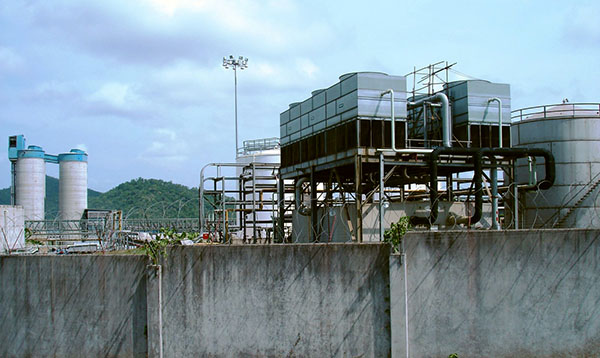Conference: Government Policies, Multinational Businesses and Financial Flows in Africa
 Please note the Dutch Railways have planned construction works from Schiphol Airport, The Hague and Amsterdam to Leiden Central Station from Friday 29 November to Sunday 1 December. Check your trip to Leiden in advance on the NS website and allow for at least 30 minutes extra travelling time.
Please note the Dutch Railways have planned construction works from Schiphol Airport, The Hague and Amsterdam to Leiden Central Station from Friday 29 November to Sunday 1 December. Check your trip to Leiden in advance on the NS website and allow for at least 30 minutes extra travelling time.
In 1990 Robert Lucas published a seminal article in the American Economic Review where he observed that capital does not flow from developed countries to developing countries, despite the fact that developed countries have higher levels of capital per worker and thus should be more susceptible to diminishing returns on additional capital inflows. This observation, which contradicts classical economic theory, has come to be known as the Lucas puzzle. In the context of Africa, a variant of this Lucas puzzle will be to ask why capital flows from Africa to the developed regions of the world?
Although in the past there have been several studies on the activities of multinational companies (MNCs) and their consequence for the economic development of Africa, none of these studies have been conducted in the context of the role of MNCs in the financial flows of Africa, which is also the poorest continent in the world. While it has for some time been known that Africa, despite its poverty status, is also a net exporter of capital, most of the studies that exposed this fact have rarely stressed the dominant role of MNCs in the above dynamics. It has however now been established that MNCs are by far the single largest source of both legal capital export and illegal capital leakage from the continent. The consequence of the above is that African countries have been plunged further into poverty. This has implications for security and migration issues in the West.
Some African businesses have tried to exploit the above narrative by pushing for government support for their operations. In this direction, such local businesses have been more successful in industries with locked-in natural resources advantage like cement. By far the most financially successful local player in this arena is Nigeria’s Dangote Cement. Despite its remarkable success in Africa, the company recently announced that it now plans to host 60 percent of its investments in Europe and the US by 2025. This means that this African company will soon become a spearhead for the export of African capital abroad. This could turn this African success story into an African capital flight nightmare. Perhaps more important is the fact that the capital flight problems in Africa may go beyond the rhetorics of nationalism.
The essence of this conference is to explore the diverse dynamics that impact on capital flows in Africa with a view of tackling the Lucas puzzle.

